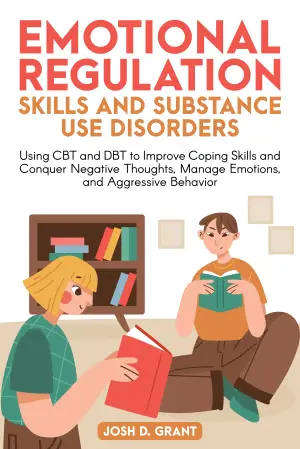As an avid reader of contemporary fiction, I’m always on the lookout for novels that weave together themes of family dynamics, forgiveness, and emotional depth. “Summer Island” by Kristin Hannah caught my eye as it promises a poignant exploration of the complex relationship between a mother and daughter. With its background of emotional struggle and personal growth, I was eager to dive in, especially given its status as a New York Times Bestseller.
In “Summer Island,” we meet Nora Bridge, a once-estranged mother who left her family behind to pursue a career as a renowned radio talk-show host. Her daughter Ruby, a struggling comedienne, finds herself caught in a storm of complicated emotions when a scandal from Nora’s past resurfaces. Ruby returns to their childhood home for an emotionally charged reunion under the shadow of a tell-all article, setting the stage for a heartfelt exploration of family ties, forgiveness, and self-discovery.
One of the book’s major strengths is the depth of characterization. Kristin Hannah has a real knack for delving into her characters’ psyches, making them feel robust and real. This aligns with sentiments shared by many readers, like D. Pittenger, who noted that the characters make you cheer for them when they finally confront their truths. I found myself laughing, crying, and reflecting on my own relationships as I engaged with Ruby and Nora’s stories.
Another positive aspect is the setting, which captures a nostalgic summer atmosphere on the San Juan Islands. The descriptions of the family home are immersive, evoking feelings of warmth and longing. This backdrop is not just a physical place—it’s a space for reflection and healing that allows both characters to navigate their complicated past. JayNikki echoed this sentiment, highlighting how the novel paints a beautifully written exploration of reconciliation and healing.
However, the book does have its drawbacks. Some readers, including those who found it “predictable,” felt that certain plot points were easy to anticipate. I can agree that while the emotional payoff is substantial, certain elements of the story felt like they followed familiar tropes. Additionally, the pacing at times could lag, making some stretches feel longer than necessary. I found myself occasionally wishing for a brisker narrative flow.
On the flip side, I also empathized with the difficult journey both characters undertake. Molly, a fellow reader, mentioned how deeply the story resonated with her as a mother and daughter; I felt similarly. The complexities of their relationships are universal, making it relatable for anyone who has faced misunderstandings or estrangement with loved ones.
In terms of emotional weight, “Summer Island” doesn’t shy away from representing flawed characters grappling with real issues, like regret and the struggle for personal authenticity. Times when Ruby looks back at her childhood memories are particularly impactful, reminding us that the ties that bind us can be both strong and fragile.
In conclusion, Kristin Hannah’s “Summer Island” is a worthwhile read for anyone interested in nuanced family dynamics woven with themes of forgiveness and love. Although there are instances of predictability and pacing issues, the overall emotional depth and relatability of the characters left a lasting impression on me. If you enjoy heartfelt narratives that prompt introspection about relationships, this book is certainly worth your time.
I would heartily recommend “Summer Island” for those seeking a moving summer read, making it a perfect addition to any beach bag or cozy reading nook. Ultimately, the story emphasizes that while the past may shape us, it’s never too late to embrace forgiveness and nurture healing in our lives.








